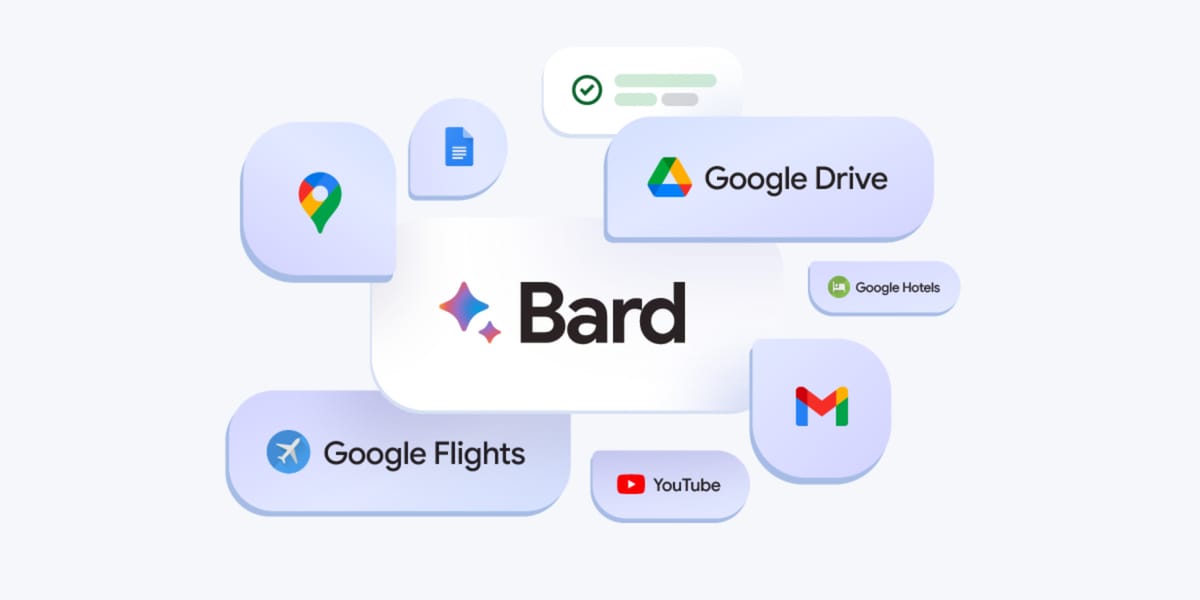Lies, Damn Lies and Chatbots

When lies pile up, truth crumbles. Hannah Arendt warned us: unchecked deception leads to a society that believes in nothing.
As AI spreads misinformation, are we heading toward a world where truth no longer exists?
Hannah Arendt:
"What makes it possible for a totalitarian or any other dictatorship to rule is that people are not informed"
In a prescient warning, she described how the absence of a free press opens the door to unchecked deception by those in power. Lies become the currency of the realm. And as the lies pile up, something insidious happens - the very notion of truth starts to crumble.
This is the real danger Arendt identified. Not just that people will believe the lies they are told, but that they will stop believing in anything at all. In the face of a "great number of lies," the natural response is cynicism and apathy.
Why bother seeking the truth when everything you're told is fabricated?
Easier to just tune out entirely.
And that's when the real trouble starts. "A people that no longer can believe anything cannot make up its mind," Arendt said. "It is deprived not only of its capacity to act but also of its capacity to think and to judge." A society filled with cynical, disengaged citizens is fertile ground for a dictatorship.
After all, if no one believes in anything, they won't put up much resistance to whatever the ruling regime does. Deception is the dictator's most potent weapon.
But how does a society reach this point? It starts with the concept of "stickiness" - the qualities that make certain ideas take hold in the public consciousness and spread rapidly. Urban legends, silly Internet memes, and of course, fucked up rumors all have a high degree of stickiness.
Lies benefit the most from stickiness, but with an added twist. Research shows that we're naturally drawn to information that confirms our pre-existing beliefs - a tendency known as confirmation bias. We're also more likely to spread information that triggers a strong emotional reaction, especially anger or fear. Dictators and would-be autocrats instinctively grasp this. They know the most potent lies are those that stoke partisan divisions and prey on the public's anxieties.
We saw this at work in Nazi Germany, where Hitler and his propaganda minister Joseph Goebbels created an alternate reality for the German people. They relentlessly demonized Jews and other minorities, blaming them for all of Germany's problems. At the same time, they painted the Nazi party as the nation's savior, the only force protecting true Germans from the imaginary threats lurking around every corner.
The Nazis' lies were outrageous - but by tapping into Germans' fear, anger and wounded pride, Hitler made them stick. And as the lies grew ever more disconnected from reality, the German people slowly lost their ability to think critically. The Nazi propaganda machine bombarded them with so many contradictory claims, they couldn't keep track of what was real anymore. They surrendered to apathy, believing in nothing. Which left them defenseless as Hitler tightened his authoritarian grip.
The rise of AI-powered search engines presents a new challenge in the battle against misinformation.
Google and others have been promoting their AI chatbots as a replacement for traditional web search. But there's a big problem - the chatbots generate completely false "facts" stated with supreme confidence, with enough frequency that basic results cannot be implicitly trusted.
For example, in a demo, Google's Bard claimed that the James Webb Space Telescope took the first pictures of Earth from space. This is utterly untrue - the first satellite images of Earth were taken decades ago. The AI system fabricated this "fact" out of thin air. And this wasn't a one-time glitch; the chatbot produced a stream of other blatant falsehoods in response to simple queries.
The implications are deeply troubling. If one of the world's most advanced AI systems, with access to a vast corpus of online information, can generate such egregious errors, how can the average person trust anything it says? The line between fact and fiction blurs into nothingness.
Hannah Arendt warned that a deluge of lies leads to a "complete withering away of even the most outrageous lies and stories." When an authoritative source like Google's chatbot confidently asserts obvious falsehoods, it accelerates this process. We lose all grounding in a shared reality.
What's especially insidious is that the chatbot has no intent to deceive. It's not pushing an agenda or deliberately distorting facts for political gain like a human liar would. The AI system is simply doing what it was designed to do - generate plausible-sounding statements based on statistical patterns in its training data. But in an epistemological sense, its careless falsehoods are even more destructive than outright fucking lies. They dissolve the very notion of truth itself.
As AI language models grow more sophisticated and ubiquitous, this problem will only get worse. We could soon face a world where every "fact" is unmoored from reality, where there's no way to distinguish between accurate information and utter fabrication. It would be a misinformation dystopia beyond anything Arendt envisioned.
We need to treat content with extreme caution. Don't let these systems run rampant in the public sphere, posing as authoritative information sources. Their outputs should always be clearly labeled as AI-generated and viewed as unreliable by default. We must push back against the notion that AI can replace human-curated information sources. No matter how convincing the prose, a language model has no real understanding and no commitment to the truth.
Most crucially, we can't succumb to the "nihilism of disbelief" that Arendt warned about.
Even in a world increasingly polluted by AI-generated falsehoods, we must insist that objective truth exists and tenaciously seek it out. We must be relentlessly critical and think for ourselves.
We cannot let the machines do our reasoning for us.
Our ability to operate as a free society depends on it.


